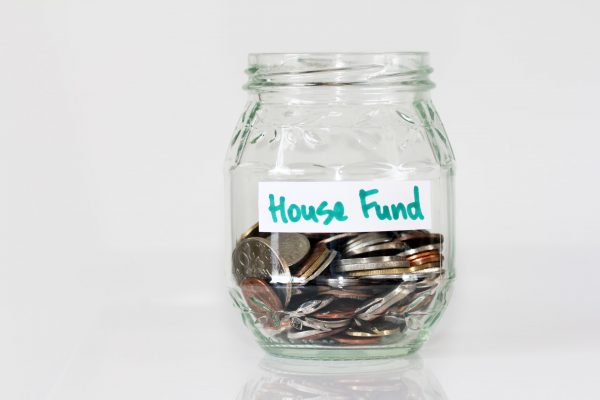First-Time Home-Buyer’s Checklist
Buying your first home is exciting and challenging. To make it easy for you, we’ve put together a comprehensive checklist to guide you through the home-buying process.
1. Get your finances in order
Before you can think about buying a house, ensure your finances are up to par. Several months before you start your search, review the following:
- Your income. You’ll need to demonstrate a consistent and reliable income source to lenders.
- Credit score. Your credit score significantly influences your mortgage eligibility and interest rates.
- Debt-to-income (DTI) ratio. Calculate your DTI by dividing your monthly debt payments by your gross monthly income.
It’s also a good idea to start gathering the documents you’ll need:
- Two years’ worth of W-2s
- Profit & loss statement, if self-employed
- Pensions and Social Security check stubs
- Proof of child support payments
- Copies of alimony checks
- Statements for all checking and savings accounts
- Car loan information
2. Determine your budget
Calculate your current monthly expenses by listing all your recurring bills excluding your current rent payments. Include debts, groceries and entertainment expenses and then see how much room you have left in your budget for a monthly mortgage payment. Be sure to budget for ongoing household expenses, too.
3. Prepare your down payment
Next, be sure you have the funds prepared for a down payment. While a 20% down payment is traditional, there are various loan programs that allow for lower percentages. However, smaller down payments might require private mortgage insurance (PMI).
4. Assemble your real estate team
Look for a real estate agent who can provide market insights, negotiate on your behalf and guide you through the buying process. You’ll also need a mortgage broker and/or lender to help navigate various loan options and find the best rates. In some states, you’ll need a real estate attorney as well.
5. Get pre-approved
A mortgage pre-approval, which indicates the loan amount you’re approved for, strengthens your position as a serious buyer. Present your prepared documents to your chosen mortgage broker or lender and let them know how much you plan to spend on your new home. If everything is in order, you should receive your pre-approval letter within a few days.
6. Start house hunting
You’re ready to start your search!
Identify your must-haves, which can be deal-breakers, and the things you’d like to have in your new home. Consider factors like location, size and amenities. Explore different neighborhoods, attend open houses and monitor market trends.
7. Make an offer
Next, work with your agent to determine a base offer and have the home inspected to identify potential issues, from structural problems to necessary repairs. The home will also need to be professionally appraised at this time.
9. Secure financing
During this time, you’ll also need to finalize your financing. Be sure to submit all required documents to your lender in a timely manner. You’ll also need to decide when to lock your interest rate, considering market conditions. Finally, review the loan estimates to ensure you understand all costs associated with your mortgage.
10. Prepare for closing
As the closing date approaches, you’ll need to perform some final tasks:
- Final walk-through. Inspect the property to ensure it’s in the agreed-upon condition.
- Look over the closing document,, which outlines your loan terms, monthly payments and closing costs.
- Arrange funds for closing.
11. Close on your new home
You’re ready for the final step in the purchase of your new home: the closing! Be prepared to sign multiple documents, including the deed of trust, promissory note and closing disclosure. Once all documents are signed and funds are transferred, you’ll receive the keys to your new home.
12. Post-closing tasks
After the closing, you’ll need to transfer or establish accounts for electricity, water, internet and other essential services. Decorate and refresh the home according to your taste. Now all that’s left to do is pack up and move in!
Follow this checklist to navigate the homebuying process with ease.














